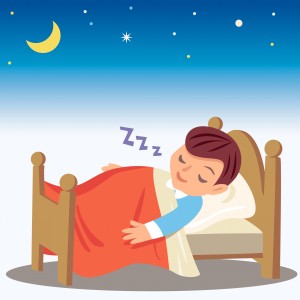 Most children grow out of bedwetting by themselves. If this problem persists after the child starts school it can cause distress to both child and parents. It is not something the child has any control over, so reward programs (e.g. sticker charts for dry nights) are not at all helpful. The child is not being lazy or uncooperative.
Most children grow out of bedwetting by themselves. If this problem persists after the child starts school it can cause distress to both child and parents. It is not something the child has any control over, so reward programs (e.g. sticker charts for dry nights) are not at all helpful. The child is not being lazy or uncooperative.
It is important that your GP is aware of this situation, as it is necessary to exclude medical or physical causes of bedwetting.
Children, teenagers and even adults can be helped to overcome bedwetting. Assessment of daytime bladder and bowel habits is important, along with quantity, type and timing of fluid intake.
Your child may need assistance to overcome bedwetting if they were once dry at night and have started wetting again, or if they have started school and are having frequent accidents. It is common for children to have occasional bedwetting up until their second or third year at school, but frequent wetting at this age is unusual, and professional help is important.
Bedwetting alarms can be very helpful, so long as other factors like fluid intake and bowel function have been addressed first. Having professional input into when and how to use an alarm is very important to achieving a successful outcome. Occasionally progress can be slow, and there are usually more sheets to be changed whilst the child is being helped towards their goal of dry nights.
Bedwetting is one of the many conditions that can be treated by a suitably trained Pelvic Health Physiotherapist.

